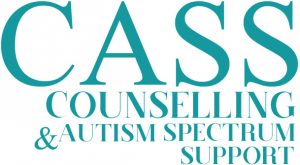Obsessive-Compulsive Disorder, commonly referred to as OCD, is a mental health condition that affects many people worldwide. It’s believed that over 300,000 or 1.2% of people have OCD in the UK alone.
What many people may not realise is that OCD is a condition that is strongly related to anxiety. People who have OCD are often dealing with thought-obsessions. These are regular and intrusive thoughts that can be very upsetting and distressing. To quell, cope, and overcome these negative obsessions, people with OCD will often enact compulsions. These compulsions are different from person to person, and they could be anything from blinking to avoiding specific objects.
One of the most significant issues facing people with OCD is the misunderstanding of the disorder in popular culture. Unfortunately, the term “OCD” is thrown around as a negative and hyperbolic word to describe someone. This attitude can make society forget how serious this Disorder is and make people with OCD feel alienated and stigmatised.
People with OCD often have their daily life affected by the Disorder, but there is treatment available to help live a full and rich life with OCD, including counseling support, therapy and medication.
CASS believes that everyone has the natural ability to realise their full potential. Our counselling and support services are designed to support neurodiverse people and their social network. We work with many people including individuals, students, adults, children, parents and couples to help them integrate successfully and happily within their communities.
Below are some useful resources if you or someone you know may have OCD, or you’d like to find out more.
Web links:
Books:
Overcoming Obsessive-Compulsive Disorder: A Self-Help Guide Using Cognitive Behavioral Techniques by David Veale and Rob Wilson (2009) ISBN 9781849010726


